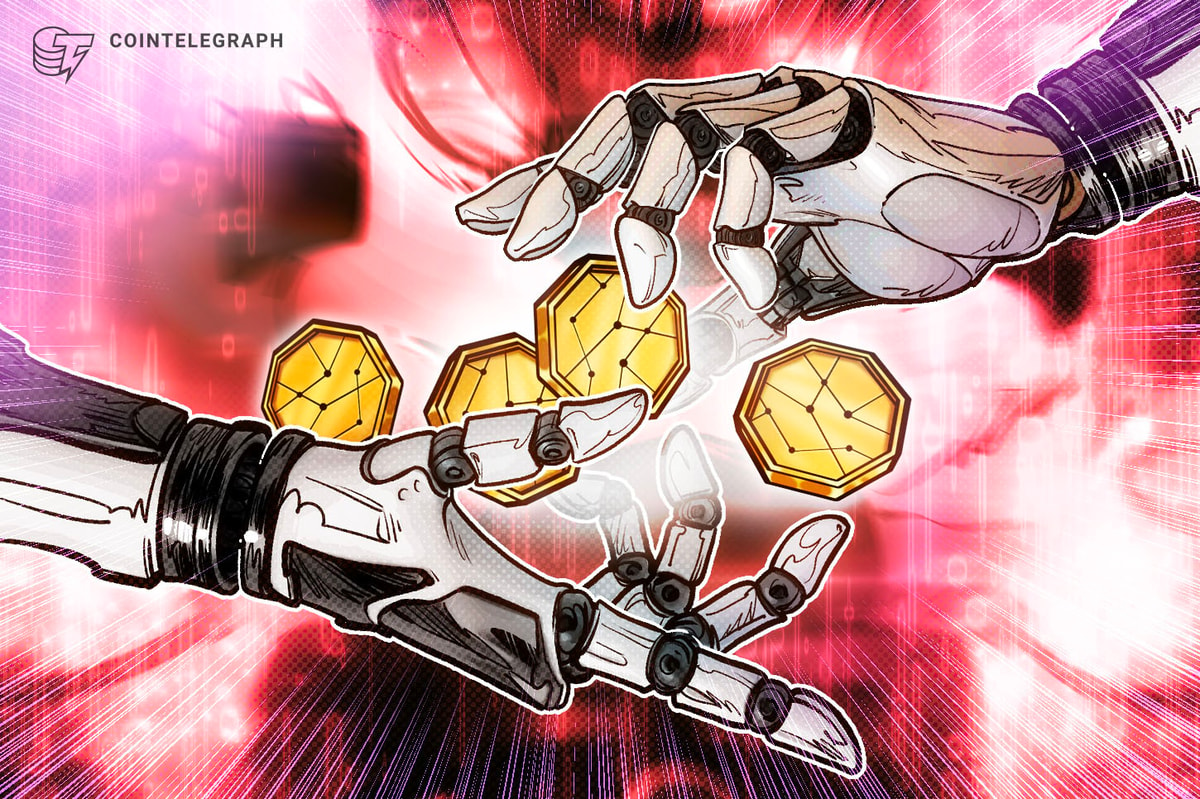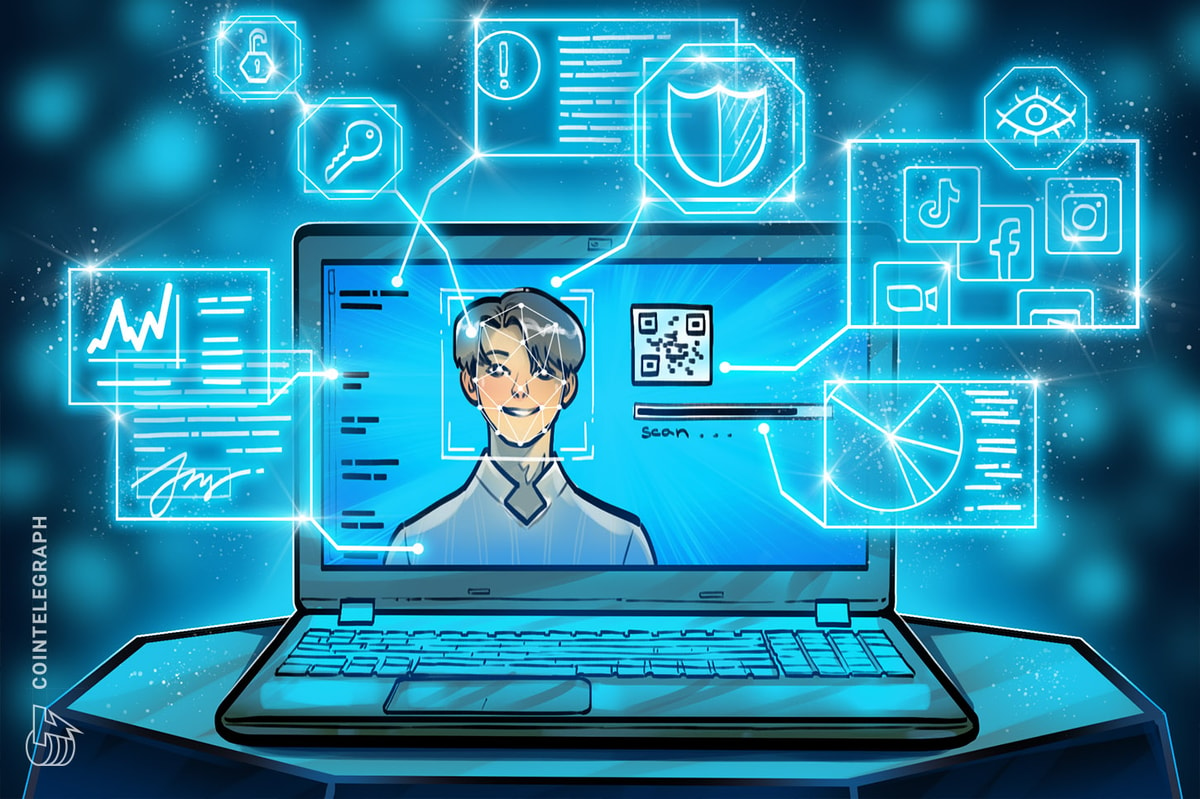The Rise of Generative AI and the Copyright Conundrum
A Big Problem That Could Hamper Its Development
The rise of generative artificial intelligence has a significant problem that could hinder its development: potential copyright infringement. Large language models like ChatGPT have led to high-profile lawsuits against OpenAI.
- Potential copyright infringement of large language models like ChatGPT have led to high-profile lawsuits against OpenAI.
- But according to Grayscale CEO Michael Sonnenshein, crypto technologies may offer a solution.
The promise and rapid development of generative artificial intelligence technologies like ChatGPT and Midjourney could be at risk from lawsuits as companies try to protect copyrighted material from being used as a free training resource for AI chatbots.
Last month, The New York Times leveled a lawsuit against OpenAI and its partial-owner, Microsoft, alleging that the large language model used millions of The New York Times articles to train itself.
For its part, OpenAI recently told the UK Parliament’s House of Lords Communications and Digital Select Committee that it would be “impossible” to develop a leading large language model without using copyrighted material.
“Because copyright today covers virtually every sort of human expression – including blog posts, photographs, forum posts, scraps of software code, and government documents – it would be impossible to train today’s leading AI models without using copyrighted materials,” OpenAI said.
Blockchain Technology as a Solution
Grayscale CEO Michael Sonnenshein believes that blockchain technology could lead to a more fair system that helps track ownership of copyrighted material within large language models and image generation platforms – and fairly compensates the owners of that material.
“As much excitement and fervor as there is about AI, there are also some issues that have come up from AI: bias and deep fakes and issues around authenticity and who actually owns what’s being produced. To us, it’s just so obvious that you need an irrefutable, immutable technology to marry that with to actually head-on address some of the issues, and that technology is blockchain, which underpins crypto,” Sonnenshein said.
The Role of Blockchain in AI
It’s not just OpenAI that is facing legal challenges to its use of copyrighted material in the development of its AI model. Stability AI, a popular AI image generation platform, was sued by Getty Images last year for copyright infringement.
“Someone creating an image on Midjourney – who actually owns that? And where does that end up living, and how is it used? And if you could, instead, program some of the outputs of this into either tokens or tie it back to blockchain, then all of a sudden issues like provenance and authenticity and ownership, etc, get resolved really, really quickly,” Sonnenshein said.
Conclusion
The rise of generative artificial intelligence has brought about significant challenges in the area of copyright infringement. However, with the potential solution offered by blockchain technology, it is possible to create a more fair and transparent system that ensures the proper compensation and crediting of creators.
FAQs
- What is the main issue with the rise of generative AI?
The main issue is the potential copyright infringement of large language models like ChatGPT, which has led to high-profile lawsuits against OpenAI. - How does blockchain technology solve the problem?
Blockchain technology can help track ownership of copyrighted material within large language models and image generation platforms – and fairly compensates the owners of that material. - Why is blockchain technology the best solution?
Blockchain technology is irrefutable and immutable, making it the perfect solution to address the issues of authenticity, ownership, and provenance in AI-generated content. - How will blockchain technology benefit creators?
Blockchain technology will enable creators to be properly compensated and credited for their work, ensuring a fair and transparent system.








